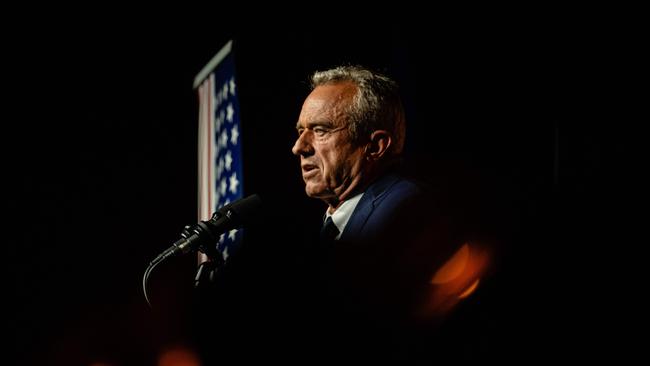
Three months out from the presidential election it’s clear now either Kamala Harris or Donald Trump will be elected in November, probably by a slim margin.
This is a tribute to the power of an insidious US political duopoly, the Republican and Democrat parties, and their respective media cheerleaders, as much as it has anything to do with the quality of Kennedy as a candidate, although to be fair he didn’t help himself with stories of dead bears in Central Park and worms in the brain.
The US is fond of lecturing other countries about the quality of its democracy, yet until recently it produced two candidates well over half the country couldn’t stand. The time was ripe, more than any other time in modern US history, for an intelligent, appealing third-party candidate.
Kennedy has spent much of his campaign finances trying to surmount ridiculous state-based barriers to entry to appear on the ballot, and the major US networks have largely ignored him, even refusing to let him appear on the stage during the CNN debate in June, despite the election being many months away.
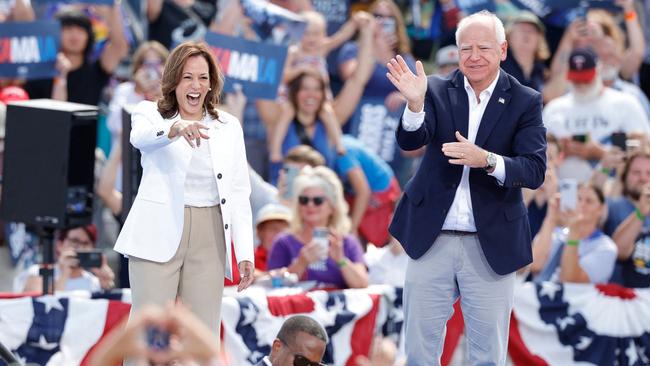
The Biden White House, despite Kennedy’s family history of assassinations, even withheld Secret Service security protection until after the assassination attempt on Donald Trump, when it became politically untenable not to grant it. It doesn’t get much more ruthless than that.
Earlier this year Kennedy was polling a respectable 10 per cent or so in national polls, enough to give hope that the destructive, polarising duopoly could be broken.
Alas, his support has collapsed in the wake of Harris’s elevation to the top of the Democratic Party ticket to around 2 per cent, according to a CBS/YouGov poll conducted in late July. There’s no coming back from that.
Kennedy’s fate is instructive to any independent candidate in any democracy beholden to a two-party system: talking about issues that actually matter won’t help you.
The nephew of the slain former president, in his numerous long-form interviews on various podcasts, has dwelt on the government’s collapsing fiscal position, the explosion in chronic disease especially among children, the egregious capture of regulatory agencies by large corporations, the relentless growth of the “security” and censorship state that’s making the US look more like Communist China every year, and a US foreign policy that appears to serve US arms manufacturers at least as much as it does the American people paying for it.
The major parties want none of this, preferring to enrage and distract voters with emotive cultural issues, such as “migrant crime”, tampons in bathrooms, gender reassignment surgery, nonsensical “threats to democracy” and trying to cast one or the other as more in cahoots with the “evil” Chinese and Russians.
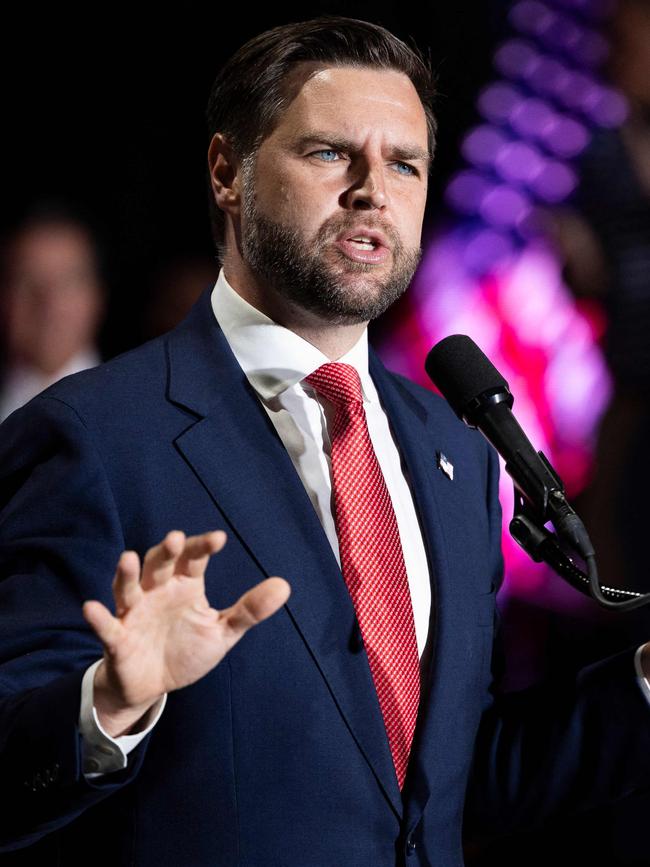
For instance, for all the incessant talk about the supposed collapse in abortion rights since the overturning of Roe v Wade in 2022, there hasn’t been any noticeable change in the number of abortions performed in the US.
But this is the political bread and circuses the major parties increasingly feed their electorates to distract them from more important and difficult questions.
The establishment, Republican and Democrat, loathed (and ignored) Kennedy because he attacked them where it hurt, and much of the media didn’t want to deal fairly with the accusations. “You’re weird. No, you’re weird” is much easier to cover.
To any impartial observer it should be obvious Kennedy is the most erudite, eloquent and sincere candidate, to an embarrassing degree. Indeed, it’s understandable from the point of view of the major parties that he could not under any circumstances be allowed to appear next to Joe Biden, Trump or Kamala Harris.
The US is desperately in need of a unifying leader before it tears itself apart. It has become viciously tribal to a degree it’s never been, a likely harbinger of our own future as political affiliation becomes as much about virtue-signalling as policy. Voters wear their party affiliation on their sleeve in a way earlier generations would have deemed laughable and depressing.
In generations past presidents could win in landslides.
In 1984, for instance, supposedly “far-right” Ronald Reagan won every single state bar (Tim Walz’s) Minnesota. This is a partly a personal lament: I would vote for Kennedy were I an American. But it’s also a broader observation that George Washington’s fear in his farewell address published in 1796, that the US would become consumed by factionalism, has well and truly come to pass.
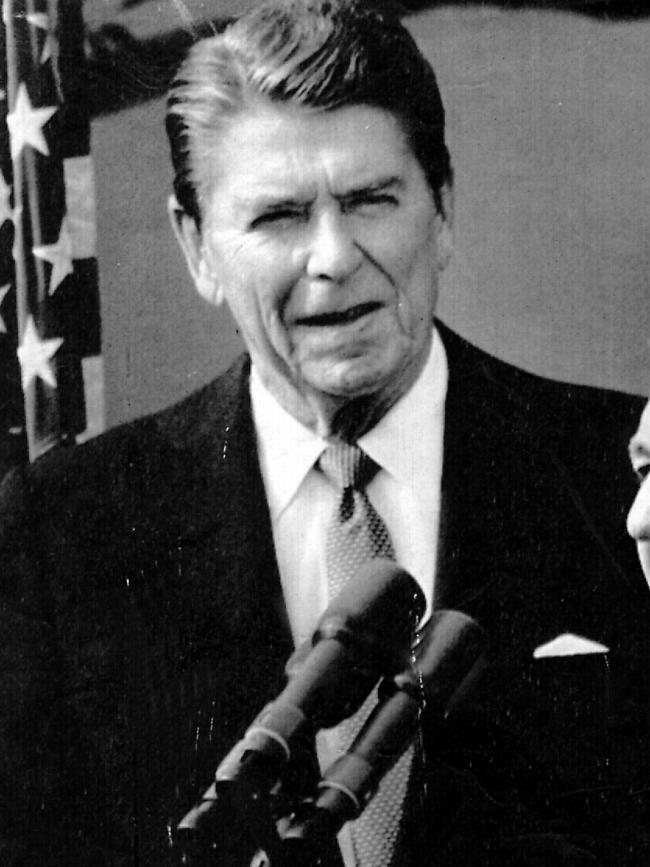
There are no solutions, it’s only going to get worse.
While Kennedy is bound to lose, his campaign has still been a success. Personally, I’ve learned more about the world from his candidacy than any other politician, being compelled to investigate his so-called controversial claims, only to depressingly discover many are correct.
For instance, it’s true vaccine manufacturers since 1986 in the US have been immune from liability claims and, to my shock almost no vaccines on the child vaccination schedule have been tested against a proper placebo. No wonder, as any half-decent economist would predict, the number has exploded.
I was fortunate to have some time with Kennedy last year when he testified before congress about how he was censored by social media, often at the behest of the Biden administration, over statements about Covid-19 vaccines that turned out to be entirely fair. As I’m sure many have, I implored him to continue his campaign regardless of the polls, because he was waking up millions of Americans up to the real problems the country faces.
Regardless of who wins in November, Americans are now much better informed.



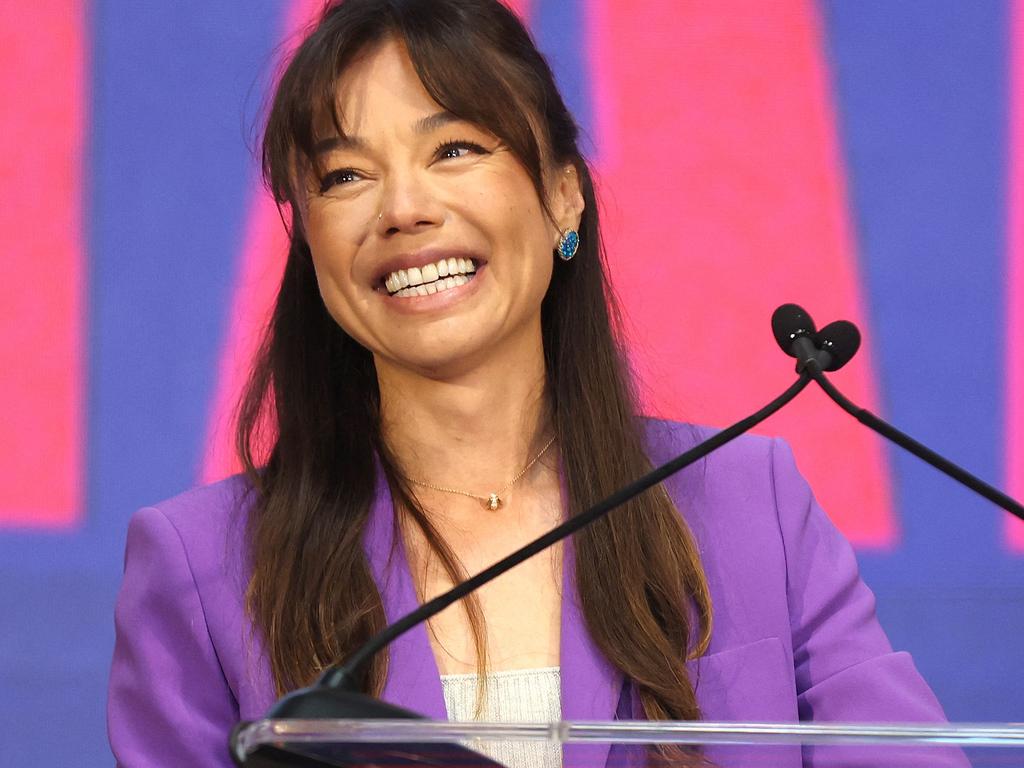
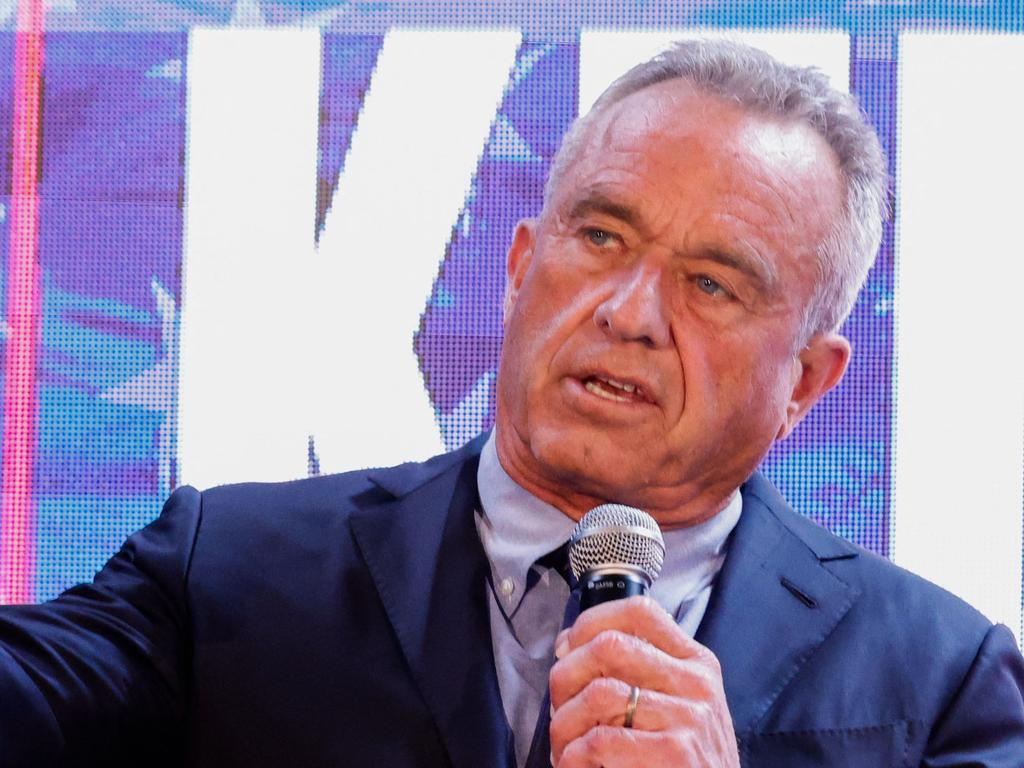


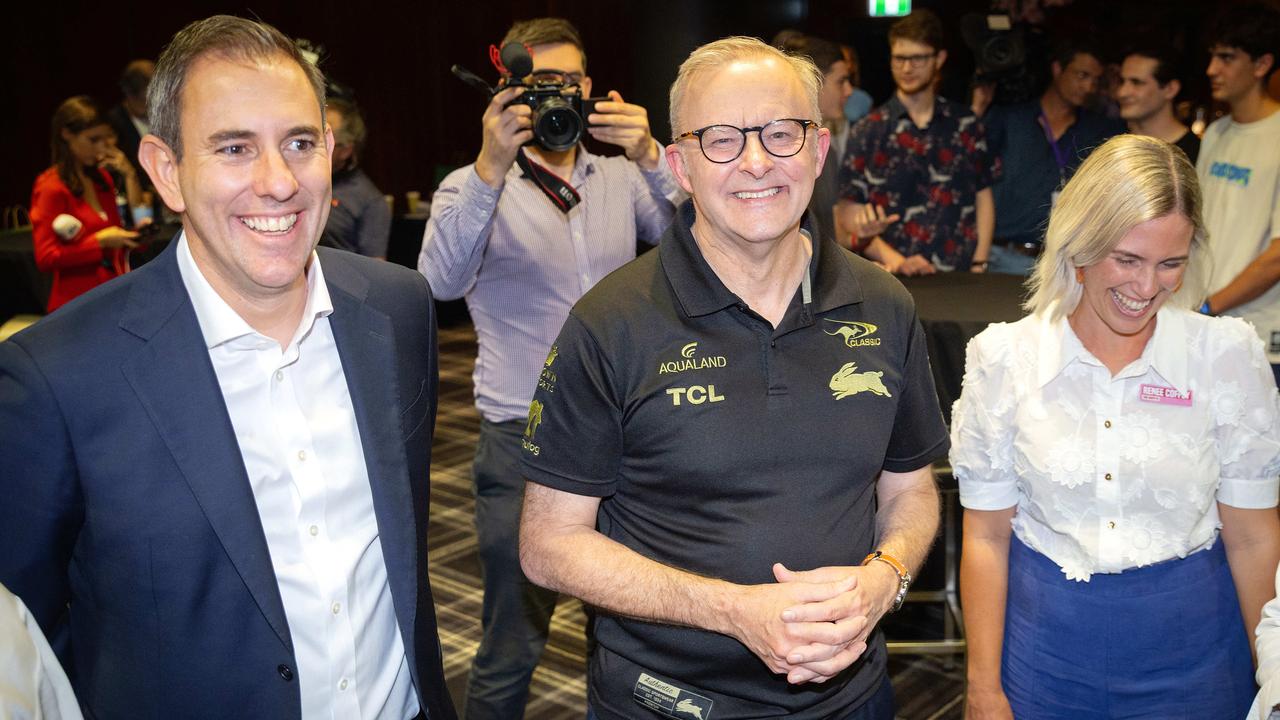
One prediction I’m confidently willing to make about the 2024 presidential election is that independent candidate Robert F. Kennedy Jr is not going to win.